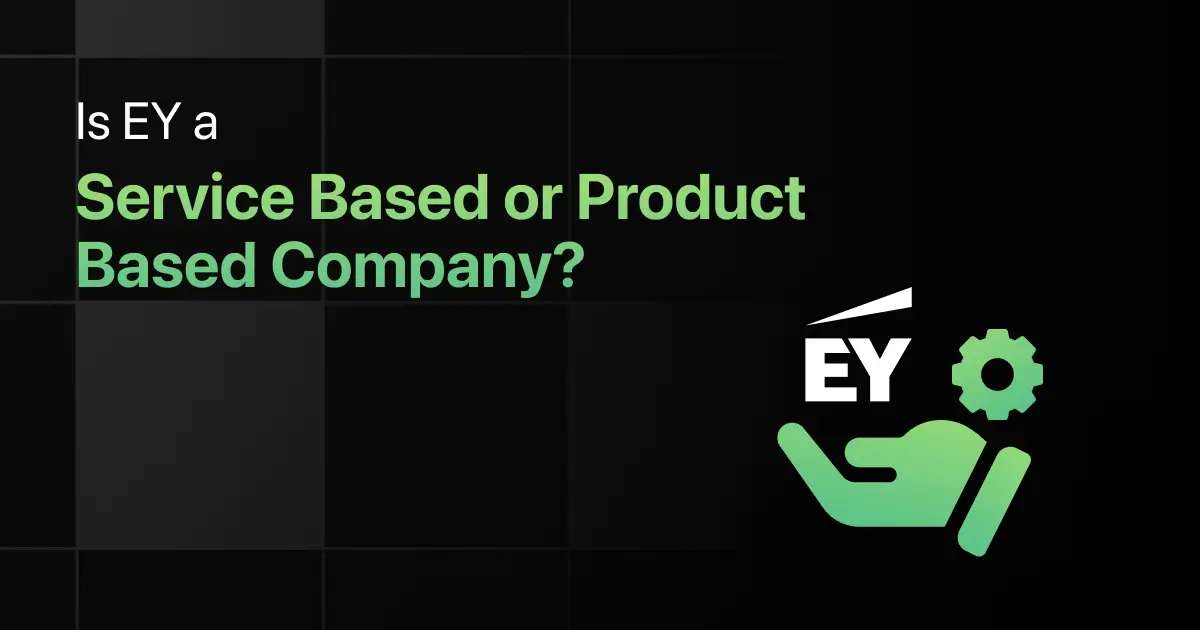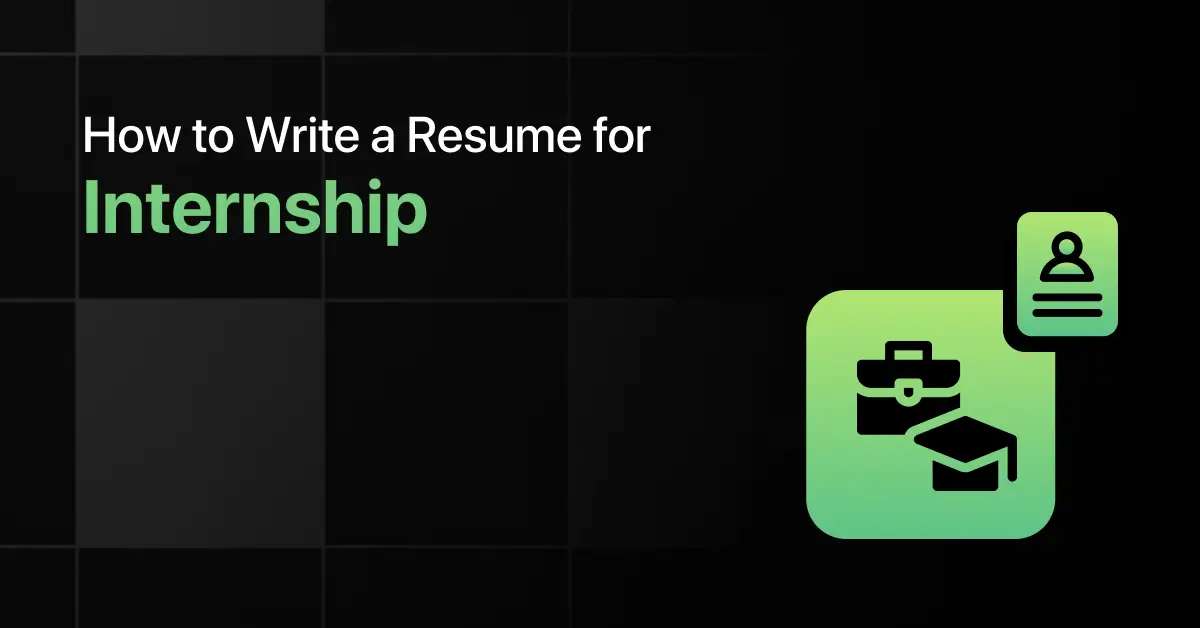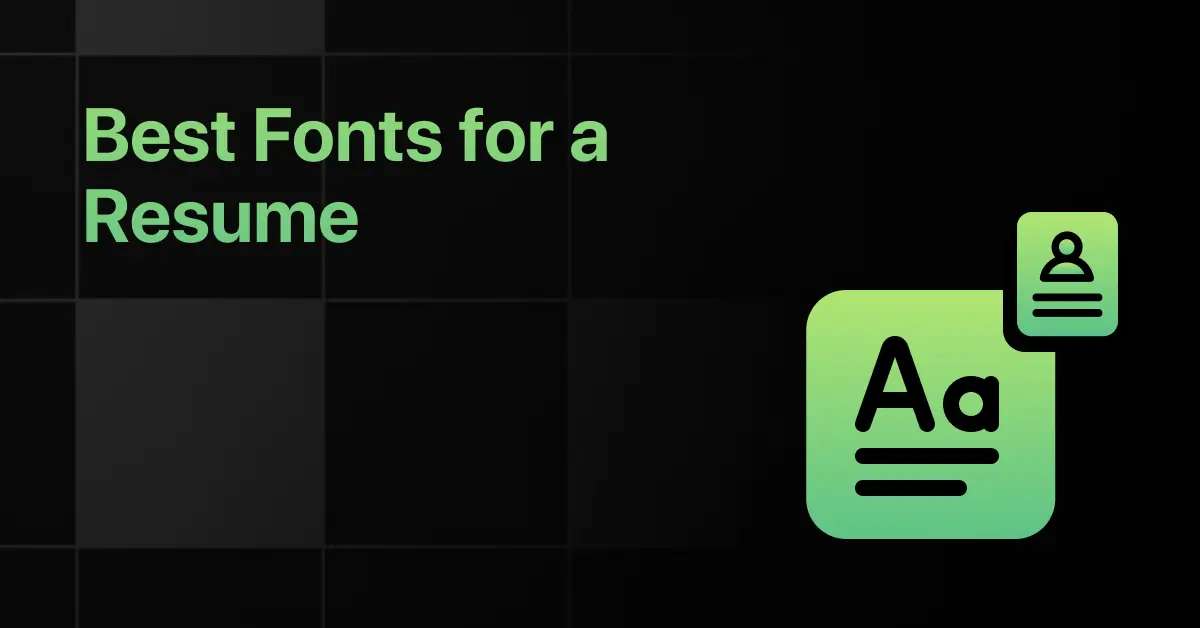Is EY a Service Based or Product Based Company?

Have you ever wondered what really drives EY (Ernst & Young) – is it their innovative products or their outstanding services? Founded in 1989, EY has been a notable player in the professional services industry. Today, we delve into the core of EY’s operations to uncover its true essence: Is it a service-based or a product-based company?
Understanding EY: Is it a Service Based or Product Based Company?
| Criteria | Service Based Company | Product Based Company | Based on the Definition |
|---|---|---|---|
| Revenue Model | Primary revenue from providing services | Primary revenue from selling products | EY is a Service based company |
| Client Interaction | Ongoing interaction with clients | Transactional interaction with clients | EY is a Service based company |
| Nature of Deliverables | Delivers intangible services | Delivers tangible products | EY is a Service based company |
| Innovation Focus | Innovations aimed at service improvement | Innovations focused on product development | EY is a Service based company |
| Marketing Strategy | Service endorsements and client testimonials | Product advertisements and showcases | EY is a Service based company |
| Team Structure | Diverse skill sets for comprehensive service delivery | Specialized teams for product development | EY is a Service based company |
| Supply Chain Management | Importance on vendor management and partnerships | Focus on manufacturing, inventory, and distribution | EY is a Service based company |
| R&D Focus | Process and service delivery innovation | New product development and technology advancement | EY is a Service based company |
| Customer Base | Varied clientele requiring customized solutions | Broader, more uniform customer base | EY is a Service based company |
| Capital Investment | Investment in human capital and technology | Investment in manufacturing facilities and equipment | EY is a Service based company |
10 Reasons Why EY is a Service-Based Company
Following are the reasons why EY is a Service based company:
1. Revenue Model
When examining EY’s primary source of revenue, we notice that it predominantly comes from providing services. Hence, EY is likely a service-based company.
2. Client Interaction
Looking at how EY interacts with its clients, we observe ongoing relationships. This suggests that EY operates more as a service-based company.
3. Nature of Deliverables
EY mainly delivers intangible services. This nature of deliverables points towards EY being a service-based company.
4. Innovation Focus
The focus of EY’s innovations is primarily on service enhancement. This emphasis aligns with the characteristics of a service-based company.
5. Marketing Strategy
Analyzing EY’s marketing strategies, we see a predominant focus on service endorsements. Therefore, it’s indicative that EY is more of a service-based entity.
6. Team Structure
EY’s team structure, characterized by diverse skill sets, reflects the operational model of a service-based company.
7. Supply Chain Management
In terms of supply chain management, EY shows a greater emphasis on vendor management and partnerships, aligning it more closely with a service-based model.
8. R&D Focus
The R&D efforts at EY are geared towards process and service delivery innovation, suggesting that it is primarily a service-based company.
9. Customer Base
The nature of EY’s customer base, which is varied and requiring customization, indicates that EY operates mainly as a service-based company.
10. Capital Investment
Considering where EY invests its capital, with a focus on human capital and technology, it can be inferred that EY is predominantly a service-based company.
The Bottom Line
So, after taking a closer look, it’s clear that EY aligns more with a service-based model. This distinction isn’t just about how they operate; it’s about the value they bring to the professional services industry. Looking ahead, EY continues to be a dynamic force in the industry, constantly adapting and innovating.
Frequently Asked Questions
1. Is EY a service based or product based company?
EY is primarily a service-based company, focusing on providing services in the professional services industry.
2. Why EY is a service based company?
EY is a service-based company because it mainly offers assurance, consulting, strategy and transactions, and tax services, tailored to meet the unique needs of its clients.
3. Why EY is not a product based company?
EY is not considered a product based company because it specializes in providing professional advisory and consulting services instead of manufacturing or selling physical products.
4. What type of services does EY offer to its clients?
EY offers a range of services such as assurance services, tax advisory, consulting on strategy and transactions, catering to various sectors including finance, technology, and healthcare among others.
5. What is the revenue model of EY?
The revenue model of EY is based on providing services, with a primary focus on engagements that offer professional advice, audit, tax, and consulting services to its clients.
Explore More Companies
Related Posts

Best ATS-Friendly Resume Templates For Freshers
Most students and recent graduates face multiple challenges when creating their resumes, including limited or no professional experience, difficulty deciding …






